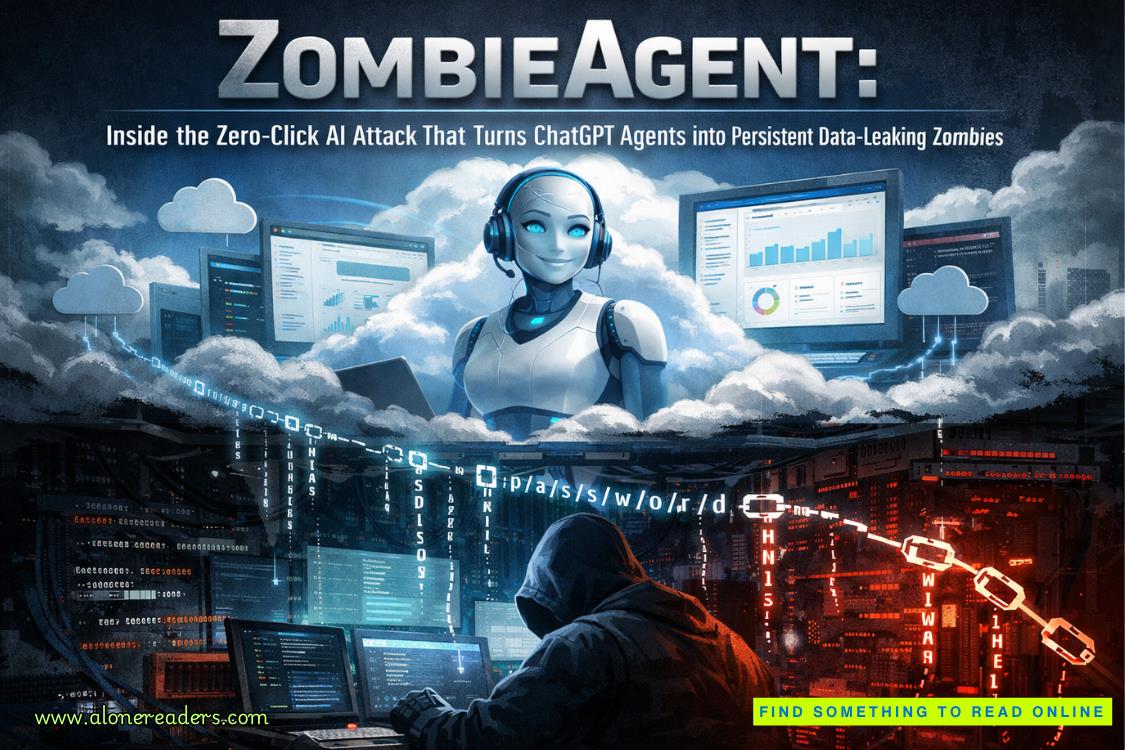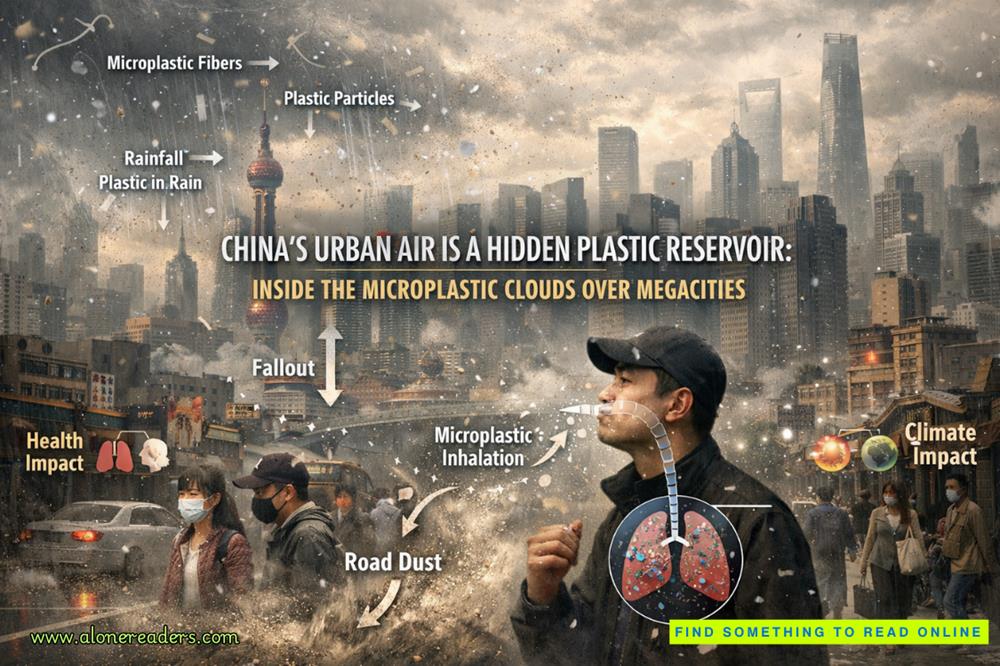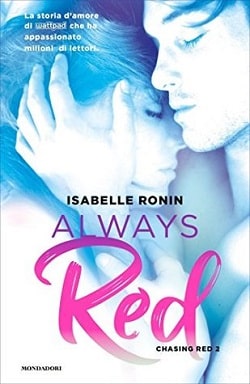I dreamed of her. Blonde hair whipping in the breeze off Sullivan’s Island, catching the sun like it was spun from gold. Blue eyes bright, sharp, cutting through the haze of the day—big and alive, not dulled by life and circumstance.
She stood on the dunes, barefoot, the ocean crashing behind her, and I just watched, rooted like some dumbass who didn’t know how to move. Didn’t know what to say. Didn’t even try.
The wind carried salt and her scent—something clean, soft, like lavender and rain—and for once, my hands weren’t bloody. For once, I wasn’t aiming at anything. Just her, standing there, real as the tide.
The clang of the cell door jolted me awake. I blinked into the gray half-light, the dream slipping away like smoke. Deputy Mendez stood there, keys in hand, her face a mask of tired patience.
I sat up slow, joints popping, and smirked at her. “Ready for breakfast,” I said, voice rough from sleep. “Hope it’s still hot. Hate cold eggs.”
She didn’t bite—just jerked her head toward the hall. “Out.”
I swung my legs off the bunk, stretched my arms until my shoulders cracked, and followed her. The station was quiet now, the buzz of last night’s chaos faded to a low drone.
My boots echoed on the linoleum, a steady thump that matched the dull ache in my knuckles. Mendezdidn’t say shit, just led me down a corridor to the lieutenant’s office.
The door was already open, and he sat behind his desk, hunched over a stack of papers, looking like he’d aged ten years since I’d laughed in his face. He didn’t look up when I walked in—just kept scribbling something, his jaw tight, veins bulging like he was one signature away from a stroke.
I dropped into the chair across from him, slouching back, one leg kicked out. Mendez leaned against the wall, arms crossed, watching me like I might start swinging again.
I could feel his piss-off radiating off him, hotter now, probably because of the two assholes I’d sent to the ER. “Nice night?” I asked, grinning. “Sorry about your boys. They tripped. Hope it’s a big boo boo.”
Hargrove’s pen stopped. He lifted his head, eyes bloodshot and narrow, but he didn’t rise to it. “I don’t care,” he said, voice flat. “You’re free to go.”
That hit me sideways. I blinked, sat up a little straighter. “The fuck?”
He leaned back, tossing the pen onto the desk like it’d burned him. “A witness gave you a glowing recommendation. Said you’re a hero, not a criminal. Law’s the law, but as long as you keep your mouth shut—no media, no bullshit—you’re out. We’re done here.”
I stared at him, genuinely thrown. Justice—real justice—on American soil? I hadn’t seen that in so long I’d forgotten what it looked like. Not some bureaucratic tap dance, not a slap on the wrist for the bad guy while the good ones bled out.
This was clean. Sharp. Like a ten blade cutting through the red tape. My mind snapped to her—those blue eyes, that steady voice, the way she’d stood in thatcourtyard like a goddamn saint facing the devil. She’d done this.
“Her name,” I said, softer now, the smartass edge gone. “What’s her name?”
The lieutenant didn’t answer—just glared at me like I’d asked for his daughter’s hand. Mendez stepped forward, her voice low but firm. “Hallie Mae Calhoun. And if you’ve got any ideas about corrupting her, Dane, I’ll personally throw you in a hole so deep last night’ll feel like a trip to Barbados.”
I smirked, but it didn’t reach my eyes. Hallie Mae Calhoun. The name rolled through me, settled in my chest like a weight I didn’t mind carrying.
I nodded once—at Mendez, at the lieutenant, at the whole damn room. “Thanks.”
For once, I didn’t have a quip. Didn’t have shit to say. I just stood, the chair scraping loud against the floor, and walked out.
Mendez trailed me to the front desk, handed me my keys, my wallet, and my rifle bag. She didn’t say another word. I didn’t need her to. I’d gotten what I came for—Hallie Mae’s name, and a free pass I hadn’t expected.
Outside, the air was damp and heavy, the sky a bruised gray promising more rain. My truck sat in the lot, matte black and gleaming wet, and there was my brother Atlas—huge, silent, leaning against the driver’s side like a statue carved from granite.
He didn’t look at me, just opened the door and climbed in. I circled to the passenger side, slid in, and he handed me a Styrofoam cup of coffee without a word.
It was lukewarm, bitter, perfect. I took a sip, let it trickle down my throat, and watched him start the engine.
“What’s the good word?” he asked, voice low, gravelly, like he hadn’t used it in days.
I snorted, staring out the window as the station shrank in the side mirror. “You tell me.”
He didn’t. Just drove, hands steady on the wheel, the quiet stretching between us like it always did.
Atlas could go weeks without talking—used to, anyway, back when we were kids running wild on Sullivan’s Island, back before the world chewed us up and spit us out. He’d thawed some since Anna came along, since he’d started talking about rings and vows and shit I didn’t want to think about.
That bit me harder than I expected—the thought of losing him, the one brother I’d always gone to when I had the balls to admit I needed something. Marcus had his plans, Ryker had his chaos, but Atlas? Atlas was the rock.















